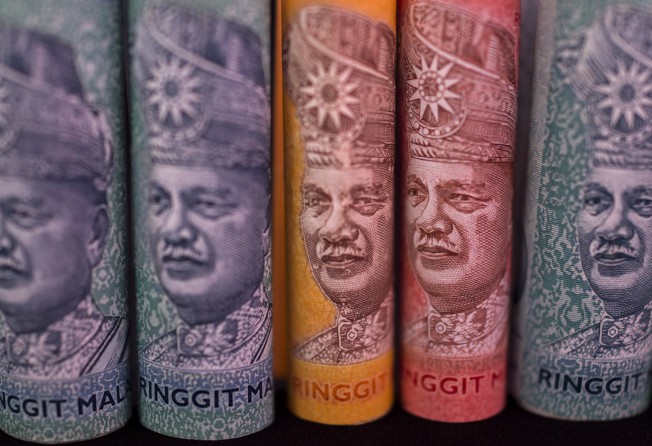Question of balance for fund managers

Industry executives say the focus should be on the application of capital. For example if a mutual fund is sold in Hong Kong and that mutual fund invests in European and US equities, that money disappears from Asia. And the capital supports companies in Europe and the United States.
SCMP, November 13
I entirely agree with these anonymous fund management executives that their focus should be on the investments they make with their clients' money. If only more of them were thus minded. Instead they mostly focus on how to induce their clients to part with more money.
But I can't imagine many of them really believing that raising money in Asia to invest in Europe makes money disappear from Asia, as if it somehow makes Asia poorer.
If this is what they think, then send them back to school right now.
I grant you that, superficially, it indeed looks as if this is what the facts indicate. You raise money in Asia and you direct it to Europe. Of course Asia then has less money and Europe has more. It stands to reason.
But actually, it doesn't. There is a crucial question to ask here. If you go to Malaysia and ask people there to put their ringgit into a fund that you will invest in Europe, just how do you make that investment in Europe?
Let's say you go to a stockbroker in Germany and say, "I'm a big fund manager now and I would like to buy 20,000 shares of Deutsche Bank. That's €34.30 a share, I see, and so it comes in total to €686,000. At an exchange rate of 4.30 ringgit to the euro, that comes to 2.95 million ringgit. Here's a cheque for 2.95 million ringgit."
What the German broker will do first, of course, is rub his hands and say, "Won't our forex desk just make a bundle on this fellow." He is dealing with an obvious truth. Deutsche Bank shares are traded in euros, not ringgit. If you want to buy them, you either convert the ringgit to euros yourself or let him do it. If he does it, he will overcharge you.
Either way you must exchange the ringgit for euros first and either way this means that someone who earlier held euros now holds ringgit. That's why it's called an exchange. You exchange the one for the other.
And this, of course, now leaves the new holder of the ringgit with a conundrum. What can he do with ringgit in Europe? Answer: If he takes it in cash, he can paste it on the walls of his favourite bar as a curiosity. There is nothing else he can do with ringgit in Europe.
There is one place, however, where he can use ringgit to buy things or make investments. That place is Malaysia.
So back the money goes to Malaysia and, at the end of the day, because this whole process actually takes only a split second, it's as if the money never left Malaysia.
Now don't tell me that our new holder of ringgit can also escape his conundrum by selling it for euros to someone else again. Yes he can, but then this second new holder of euros faces the same conundrum. It doesn't matter how many times we exchange the money in Europe. Ringgit is still of no use anywhere but in Malaysia and it will always go back to Malaysia.
This is the basic concept behind what we call the balance of payments. Whatever goes out one way in any currency will always come back another way. If your country is in surplus on its current account, then it will be in deficit on its capital account and, if it is not, then its central bank will make up the difference by increasing holdings of foreign reserves.
At the end of the day it all balances to zero.
The only difference is that piling up ever more reserves will eventually force your currency to a stronger level against other currencies and depleting these reserves will eventually make your currency weaker. So if all Malaysia decides to invest in Europe, then the ringgit will probably weaken against the euro.
But there is one thing that will not happen. Money will not disappear from Asia.